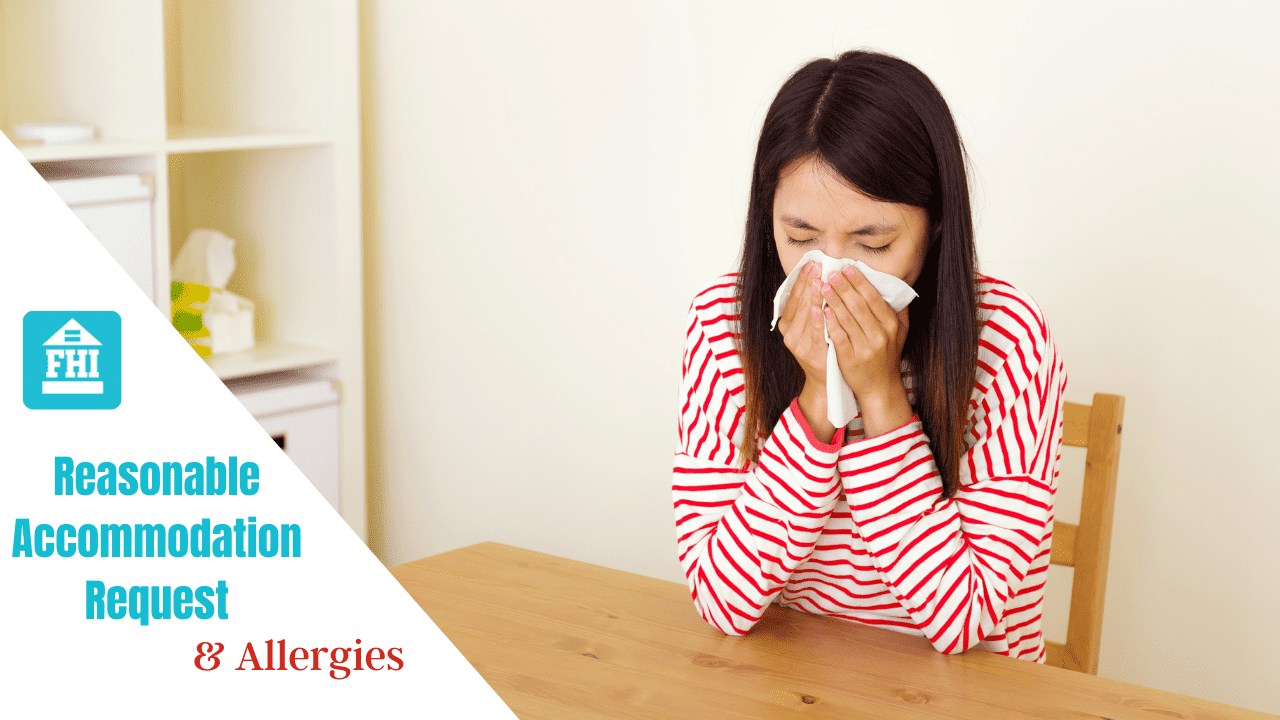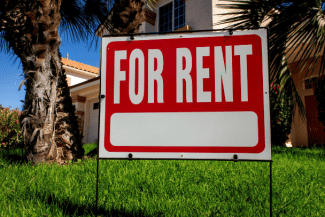Reasonable Accommodation Request and Allergies

What Criteria Do Allergies Need To Meet?
In order to determine if an allergy meets the criteria for a reasonable accommodation, we must first determine if the allergy qualifies as a disability. The Fair Housing Act defines a disability as a mental or physical impairment that substantially limits one or more major life activities.
For most of us with allergies, while the reactions may be uncomfortable, it is probably reasonable to state that those reactions do not “substantially limit one or more major life activity” thereby rising to the level of a disability.
To help you determine whether the allergies meet the criteria you need to have reasonable accommodation request and verification forms that can be filled out by a third-party verifier. It is okay for your reasonable accommodation forms to highlight the difference between a disability and an impairment. Your forms can also include a section for the verifier to provide pertinent information regarding allergy testing to determine what the tenant is allergic to. It is important to note that only a third-party verifier can make the determination if the allergy is in fact a disability and what accommodations need to be met.
If the allergy is not a disability, then management is not legally required to accommodate the resident. On the other hand, if the allergy results in the resident’s throat closing and hives, these symptoms would probably be considered a fairly substantial limitation to major life activities and would meet the criteria for a reasonable accommodation. Now you are faced with how and to what extent modifications can be offered, this being especially difficult in a multifamily setting.
Creating a Reasonable Accommodation Plan
Once a reasonable accommodation request has been verified it is time to create a plan that addresses the needs of the resident. The housing provider wants to provide reasonable accommodations, while also not limiting the use of chemicals and products by other residents and staff, particularly those that are critical to building maintenance. This is where open communication to discuss alternatives is critical between the resident, the property, and the verifier. HUD and the courts now view the “interactive process” as an essential step by housing providers during the reasonable accommodation process, whether the property plans to deny or offer the resident an alternative accommodation. Documenting the plan is also a critical best practice and ensures that everyone clearly understands the plan.
Fair Housing Training Is A Must
Dealing with reasonable accommodation requests can be quite dynamic. Regular Fair Housing training is a must for property management professionals. Property management professionals are best served when regularly trained to identify the issues and then discuss them as a team. If you are not clear of the legal requirements, reach out to a qualified fair housing attorney. The more you know, the better you will be when dealing with complex reasonable accommodation requests.
This article was contributed by the Fair Housing Institute. You can get 15% off fair housing training courses using code aoa2022 at https://fairhousinginstitute.com/















 Accessibility
Accessibility